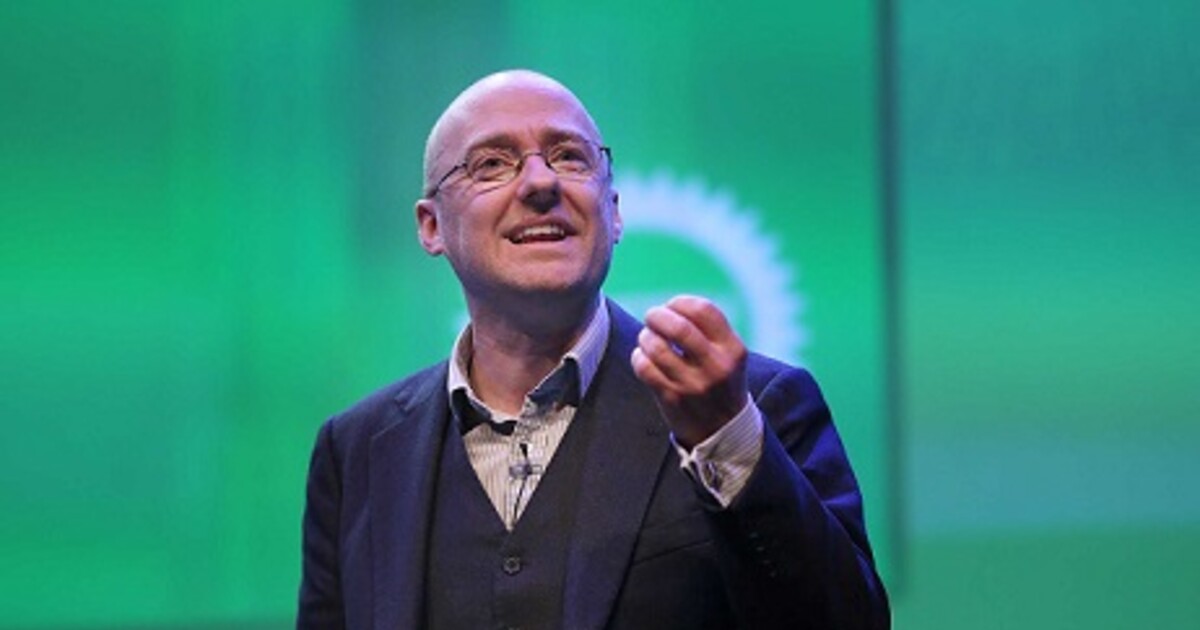We need to be united in our resolve never to let the far right become normalised

Back in 2016, few people could have predicted quite how chaotic the Brexit crisis would become.
But it’s not only a crisis in parliamentary debating chambers and government institutions. The toxic values which have been cultivated and unleashed by the Brexit cause have been spilling out in far more public ways, and this week many people began to take notice.
Neither politicians nor journalists have a right to be insulated against reasonable challenge or protest, but the nature of the far right aggression directed at both the Tory MP Anna Soubry and the left wing journalist Owen Jones in the streets near Westminster went far beyond legitimate protest. Nobody should have to run the gauntlet of a gang of intimidating men, threatening and harassing them in the street.
Of course many people in the public eye already find themselves on the receiving end of abuse, and deeply disturbing threats of violence. Women in politics are subjected to an even higher intensity of this behaviour, often with the added threat of sexual violence. The assassination of Jo Cox MP by a far right activist is the highest profile example in recent years, but there have been regular reports of far right activists disrupting political meetings, attacking refugees and the organisations that support them, even descending on a left wing bookshop to trash the place and harass the workers.
Suggestions are still made that the 2014 independence referendum had a similar tone. There was indeed a small minority of bad behaviour on both sides: from the idiots who thought they were serving the cause of independence by squaring up to Jim Murphy and screaming at him or hurling an egg; to the ugly scenes in George Square as loyalists gave Nazi salutes and burned the saltire. Decent people on both sides of the independence debate condemned all of this.
But while a minority in any political movement might behave like that, I think there are reasons why the Brexit crisis has unleashed demons in a way unlike either independence or any other recent campaign.
Referendums can be done well or badly. A binary question (like “should Scotland be independent”) might well be answered by a simple Yes or No, at least for the time being. But as Ireland has shown, when referendums deal with more complex decisions they need long, careful thought by people who aren’t focused on their own political self-interest. Brexit wasn’t a binary choice, as the deadlock at Westminster proves, but it was misrepresented as such. It was therefore destined to fail to resolve the issue.
It also came after years of the hard right media demonising immigrants and the EU institutions, and it embodied the narrow, populist sentiment that has given rise to new far right parties in other countries. Many ‘Leave’ leaders used openly racist rhetoric, and some Tory politicians even sought to work with Steve Bannon, who is on a mission to reboot European fascism just as he has done with the far right in the US.
The way the current generation of racist and far right activists like “Tommy Robinson” and his supporters play the victim and demand free speech while posing a profound threat to other people’s rights, freedoms and safety is just another aspect of the same phenomenon. We must not allow the issue of freedom of speech to become an idea that’s owned by those who despise the freedoms of people who don’t look like them, behave like them or believe like them.
In this context, the stirring up of far right sentiment is not an accidental side effect of Brexit; it was at the core of the project all along.
Those of us who support a People’s Vote as the only way of cancelling the crisis are often asked, wouldn’t some voters’ sense of betrayal result in an even more serious threat from Brexit’s far right elements? I fear that the reality is even more serious.
Given the way far right sentiment has been deliberately cultivated and manipulated, it will indeed pose a profound threat in the years to come, whatever the result of Brexit. If the public is given the choice and decides to call the whole thing off, the far right may use a sense of betrayal as their motivating force. But if they get their way on Brexit they are just as likely to use triumphant jingoism in the same way, as they seek to build their politics of hate. None of which justifies handing them a victory out of fear.
In either case, we need to be ready, and we need to be united in our resolve never to let the far right become normalised. It is poison to a democratic system, and we must never accept it as just a legitimate part of the political spectrum.
